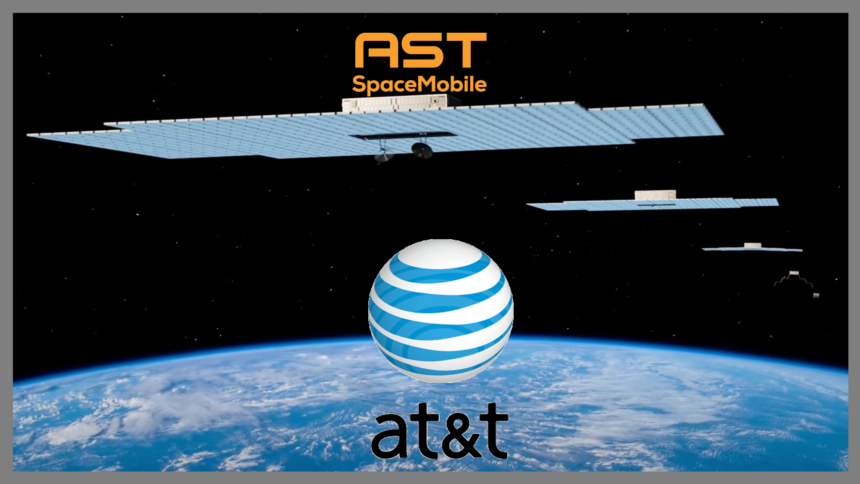AST SpaceMobile has received the green light from the FCC to begin testing its BlueBird satellites in collaboration with AT&T. This approval allows AST SpaceMobile to conduct satellite-to-mobile trials using AT&T’s network spectrum. This approval brings the company closer to its goal of delivering high-speed internet to mobile phones worldwide. The testing is a crucial step toward AST’s mission to expand satellite-based services, but it also faces challenges before entire commercial operations can begin.
What’s Happening & Why This Matters
AST SpaceMobile Gets FCC Approval for Satellite Testing
AST SpaceMobile, a Texas-based startup, has finally received the much-anticipated approval from the Federal Communications Commission (FCC) to test its BlueBird satellites. The FCC granted the company a special temporary authority (STA) to operate up to 2,000 AT&T-licensed handsets for satellite testing using specific licensed radio bands. This approval is valid until May 30, allowing the company to test the satellites in orbit launched last fall.
The BlueBird satellites are designed to beam high-speed internet directly to mobile phones without the need for traditional cell towers. This innovation can potentially revolutionize mobile connectivity, especially in remote or underserved areas where terrestrial towers struggle to reach. The company plans to offer satellite connectivity to select AT&T subscribers, including first responders, to test the service in real-world conditions.
AST SpaceMobile’s BlueBird satellites will use AT&T’s network spectrum to offer experimental satellite services. The company’s efforts align with its global vision of providing continuous internet coverage to mobile phones by utilizing its satellite fleet.
What’s Next for AST SpaceMobile and the Satellite Industry?
While this approval is a step in the right direction, AST SpaceMobile still faces a few hurdles before it can begin offering continuous satellite service. The company plans to launch 45 to 60 more satellites to provide full coverage across the U.S. and globally. Full approval from the FCC is also needed to operate the satellites on a permanent basis commercially.
As AST SpaceMobile makes strides in satellite-to-mobile testing, it faces competition from SpaceX and its Starlink network, which has already received FCC approval for its satellite connectivity service in partnership with T-Mobile. T-Mobile recently started offering beta testing for its satellite-based text messaging services. Eventually, voice and data services will be added, making it a strong competitor in the race to provide satellite connectivity to mobile users.
Challenges in the Satellite-to-Mobile Space
While satellite-to-mobile technology promises to bring the internet to remote areas, it is not without challenges. AST SpaceMobile is one of several companies competing to provide global coverage. They face regulatory hurdles, technical difficulties in maintaining satellite communication with mobile phones, and the need to launch more satellites to establish complete, continuous coverage.
Moreover, satellite companies must balance providing connectivity with managing security and privacy concerns. Given the nature of satellite data transmission, issues such as interference, signal congestion, and the potential for data breaches need to be addressed as these technologies expand.
TF Summary: What’s Next
AST SpaceMobile’s approval to test its BlueBird satellites with AT&T marks a positive step in developing satellite-to-mobile technology. However, the company must still launch additional satellites and gain full FCC clearance to move into full-scale commercial operations. As the satellite-to-mobile sector grows, AST must stay ahead of competitors like SpaceX’s Starlink and navigate the challenges of global satellite coverage, security, and infrastructure. The next few years will be crucial for AST SpaceMobile as it works toward offering consistent, high-speed internet to users across the globe.
30 January 2025: AST SpaceMobile’s BlueBird satellites successfully relayed a video call from a remote Vodafone UK engineer positioned in a mountain region via an unmodified smartphone.

— Text-to-Speech (TTS) provided by gspeech.


